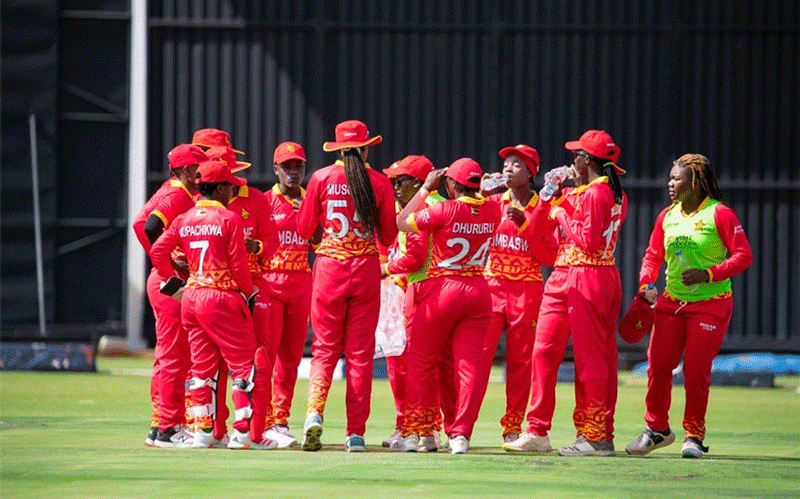
The Sports and Recreation Commission (SRC) came under fire in Parliament yesterday over what MPs said was their failure to curb match-fixing scandals until they resulted in the Asiagate disgrace.
This was said by legislators in the Parliamentary Portfolio Committee on Education, Sport, Arts and Culture chaired by Gokwe MP Dorothy Mangami.
SRC director-general Charles Nhemachena, Zifa acting president Ndumiso Gumede and the Permanent Secretary in the Ministry of Education, Sports, Arts and Culture, Stephen Mahere, appeared before the committee to speak on match-fixing and the Asiagate scandals.
“Why did the match-fixing scandals go for a long time without the SRC putting any checks and balances and do you have any clearance procedures when teams go to play international matches?” asked Masvingo Central MP Jeffryson Chitando.
“We are talking of 15 match-fixing games that were played by these criminals while the SRC has been there time immemorial – was there any laxity by the SRC and why were those scandals not followed up from the beginning before the issue was broken out in the newspapers?” Magwegwe MP Felix Magalela Sibanda chipped in.
Nhemachena said it had been difficult for the SRC to quickly spot the anomalies because their clearance procedures relied on the application forms of the association concerned.
“In this particular case, the trigger mechanism was not there because our clearance procedures do not give us the mechanisms to know that a team is going, for example, to New Zealand and that they will be engaging in match-fixing there,” said Nhemachena.
But, Chitando said it was possible that while match-fixing was taking place, there could have been some people from the Ministry of Foreign Affairs and the SRC who were taking part in the scandals but were not fingered in the report.
- Chamisa under fire over US$120K donation
- Mavhunga puts DeMbare into Chibuku quarterfinals
- Pension funds bet on Cabora Bassa oilfields
- Councils defy govt fire tender directive
Keep Reading
Gumede explained to the committee that what transpired during that time was that invitations purporting to have been generated by the national associations to which the teams were going to play would come through e-mails directly to former Zifa CEO Henrietta Rushwaya and former programmes manager Jonathan Musavengana.
“It was now up to the embassies to check whether these were authentic or not. The organisers collected the passports from the embassies and there is a possibility that there could have been money changing hands during that facilitation, but our committee did not find that evidence,” said Gumede.
Gumede told the committee that corruption in soccer still continued but this time taking the form of clubs who bought referees to influence the outcome of matches.
While giving oral evidence before the same committee, Mahere called for the urgent completion of the Asiagate scandal and match-fixing investigations.
He said the match-fixing and Asiagate scandals had resulted in loss of credibility in Zimbabwean referees, leading to hiring of referees outside the country for some matches, as well as loss of sponsorship.
“There is no one, especially in the corporate world, who is willing to associate with Zifa. Instead there has been preference to support affiliates. The Zifa constitution needs urgent amendments as its current form is impeding the performance and functionality of the organisation. Zifa is also failing to adhere to its own corporate organisational laws,” Mahere said.











